Why do adults learn languages less quickly than children?
How old are children to distinguish good people from bad people?
Is empathy innate or acquired?
With this series of interesting questions in mind, pediatrician Dr. Gedi Singh invited scientists and more than 200 babies from all over the world to conduct the most groundbreaking research on infant brain science.
The BBC made these research images into the documentary “The Wonderful World of Babies”.
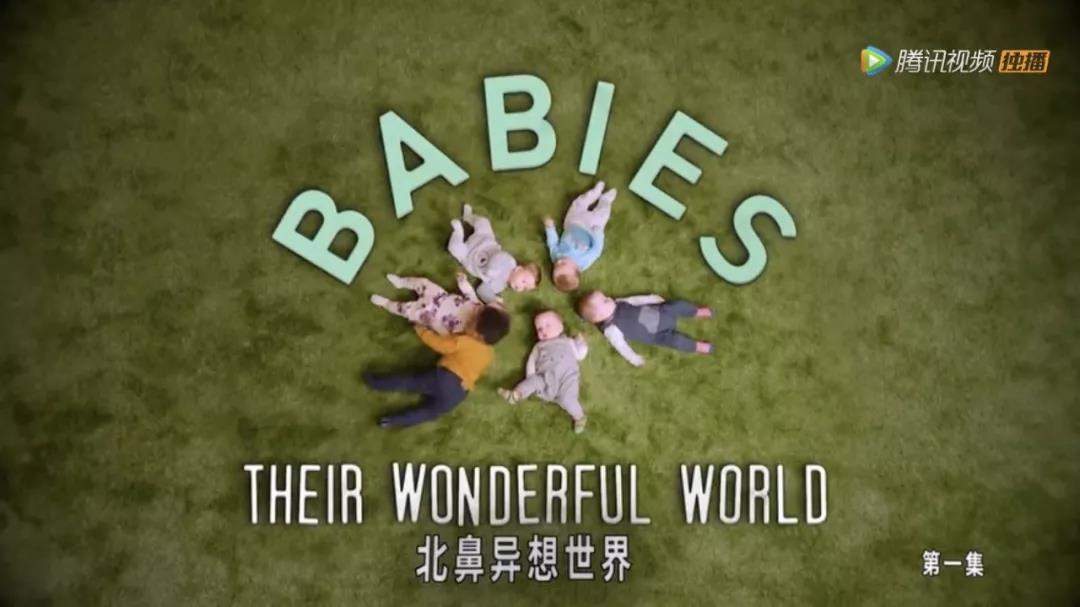
For every novice parent, this is almost a “baby manual” from a super-tech planet.
Facing these children who speak [baby language], it not only reveals the mystery of the growth and development of new life, but also makes us understand how to better develop children’s potential.
More importantly, we can understand how to be a better parent.
One-week-old babies can distinguish between [people] and [things]
What kind of abilities does the newly born baby have besides [drinking milk] and [sleeping]?
Will the baby at this time have emotional reactions to the outside world?
Researchers took a portable brain scanner to visit Arthur’s baby’s home, which was just one week old, and showed him 15 seconds of [mechanical toys] and [face] videos respectively to monitor the brain’s response.
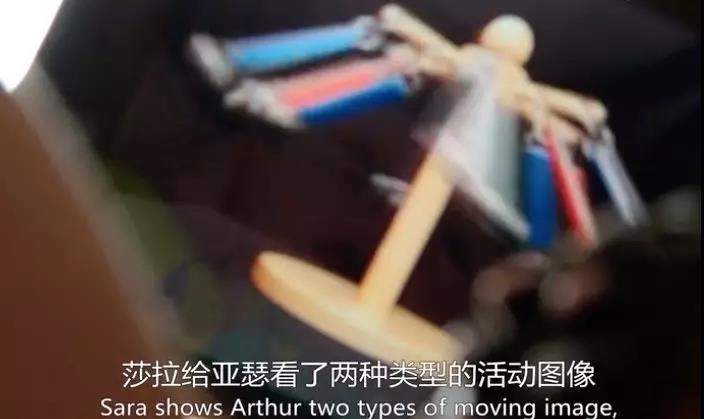
Scanning data can show which region of Arthur’s brain is most active.
Among them, the experimenter used orange and blue lines to show the oxygen supply in different regions of the brain, with orange lines indicating the blood flowing into the brain.
When showing mechanical toys to children, the children’s brains did not respond too much and even did not want to watch them again later.
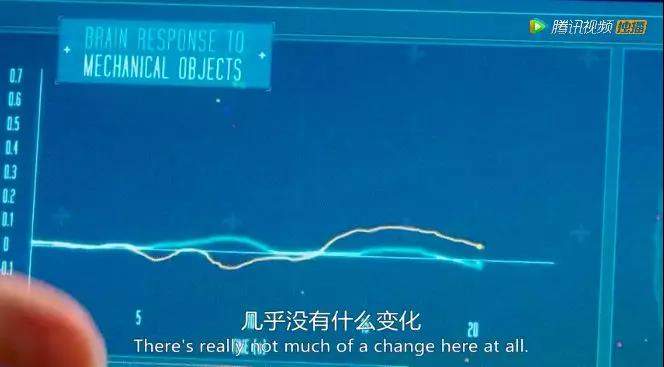
However, when the face video is shown to the child, the orange line, which reflects the oxygen inflow, has changed obviously.
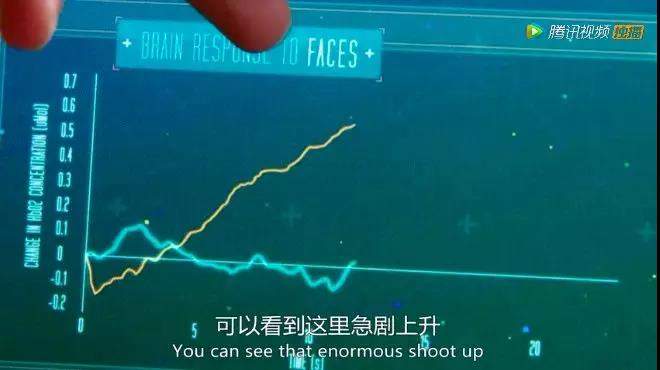
Obviously, little Arthur’s reaction to [face] is much larger than [toy].
The orange line reflects the activity of the [superior posterior temporal region]. It is the area where people make the most active response to external things and is used to deal with complex things and human emotions.
Experiments have found that even children born one week ago have already started to use this brain region to make contact with [people].
A seven-month-old baby can tell the difference between good and bad
So, how many babies can distinguish good from bad?
Three years old? Two years old?
No, the answer is seven months.
Researchers showed a simple puppet show to a group of children as young as 7 months old:
The red round puppet wants to go up the mountain.
The blue square puppet always pushes it down.
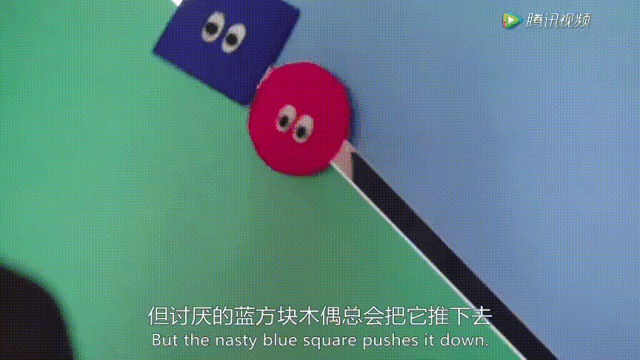
The yellow triangle puppet helped the red round puppet to climb the hillside successfully.
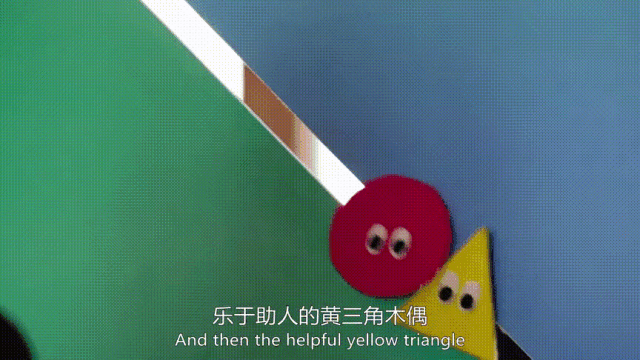
After watching, the researchers asked a group of babies up to 12 months old and up to 7 months old to choose a puppet.
Surprisingly, all the babies without exception chose the kind yellow puppet.
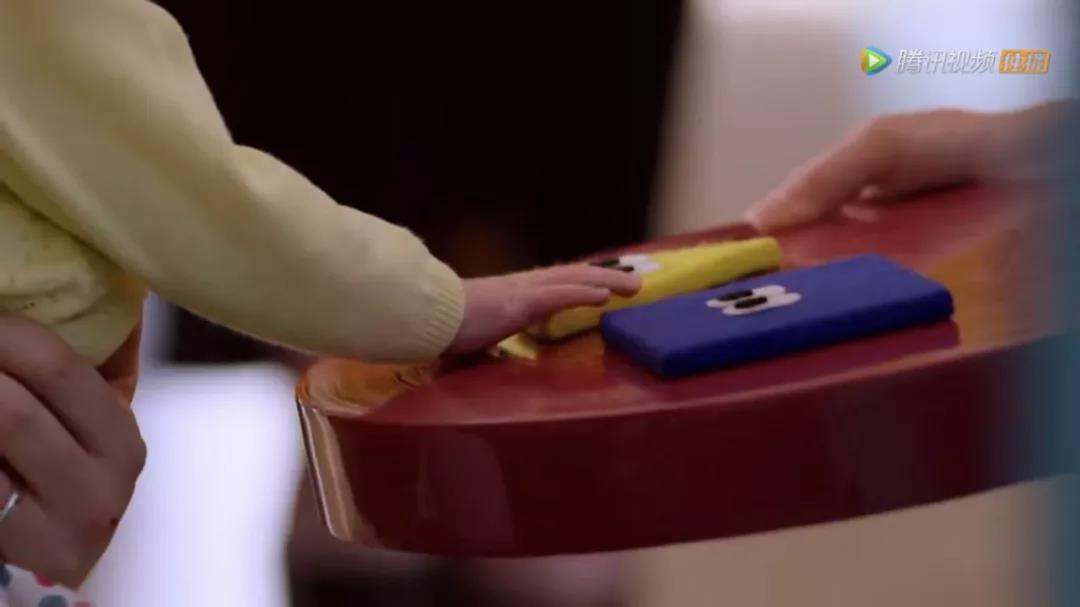
Without adult teaching, voice and plot, children can still distinguish the more [kind] role by instinct.
When we see someone being helped, we will feel happy, even as a 7-month-old baby.
The experimenter felt incredible. She believed that this was the starting point for learning to trust others and the foundation of a healthy society.
Allow the child to rely on, he will not grow into a giant baby.
In the documentary, there is a very classic [frozen face experiment].
Eight babies sat face to face with their parents. At the beginning of the experiment, parents would interact with their children normally and laugh to amuse them.
When parents turn their faces to the other side and turn them back, there is no expression on their faces and they will not give any response to their children.
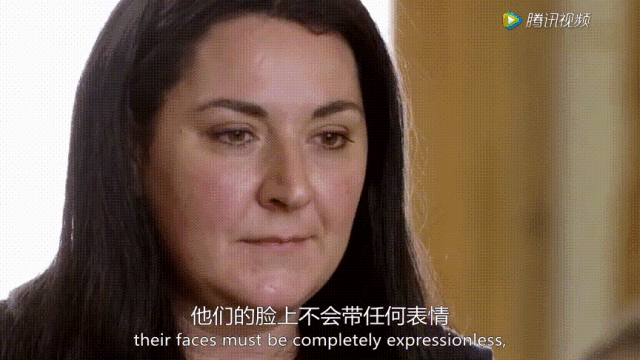
At this moment, terrible things happened.
The baby paused at first, then they tried very hard to win the attention of their parents, but there was no response.
Two minutes later, some babies even burst into tears and looked very sad.

When the mother was allowed to respond to the baby again, the baby became happy again in the comfort of his parents.
Seeing here, especially when the child cried and collapsed and reached out to reach the indifferent parents, my heart was tightly gripped.
It reminds me that if parents think indifference is a way to deal with their children’s bad emotions, [as long as I don’t respond, you will naturally stop crying.]
Then, it may bring irreversible harm to children.
Babies are born without the attention of their parents. We always think that children rely too much on their parents and will become social giants. But in fact, it is just the opposite.
Researcher Dr. Gedi said: Growing up to be a happy and confident person requires intimate relationship and warmth.
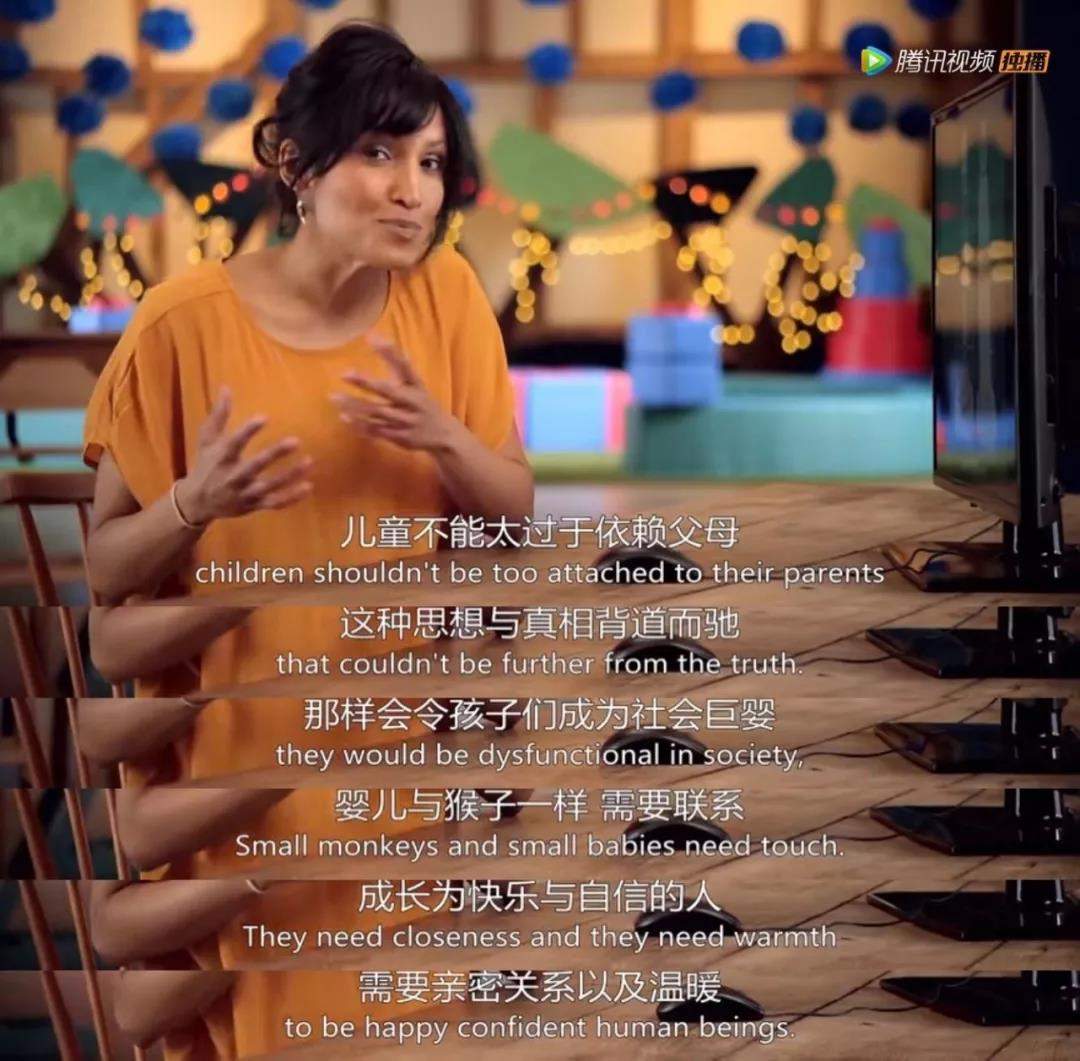
Even children can manage their emotions.
[Where did I give birth to a baby? It was an active volcano that erupted at any time! ]
We always think that the most troubling thing for us is [the baby suddenly lost his temper], but in fact, what bothers us most is not this, but [after all his efforts, the baby still cries incessantly].
As a difficult problem perplexing mothers all over the world, the documentary gave us the answer through experiments.
The research team put special clothes on the babies to monitor their emotional stress changes and heart rate changes under different conditions.
The experiment began. The experimenter put candy and chocolate in a transparent box. The children could see it but could not eat it.
Sure enough, the children’s mood changed rapidly and their heart rate rose sharply.
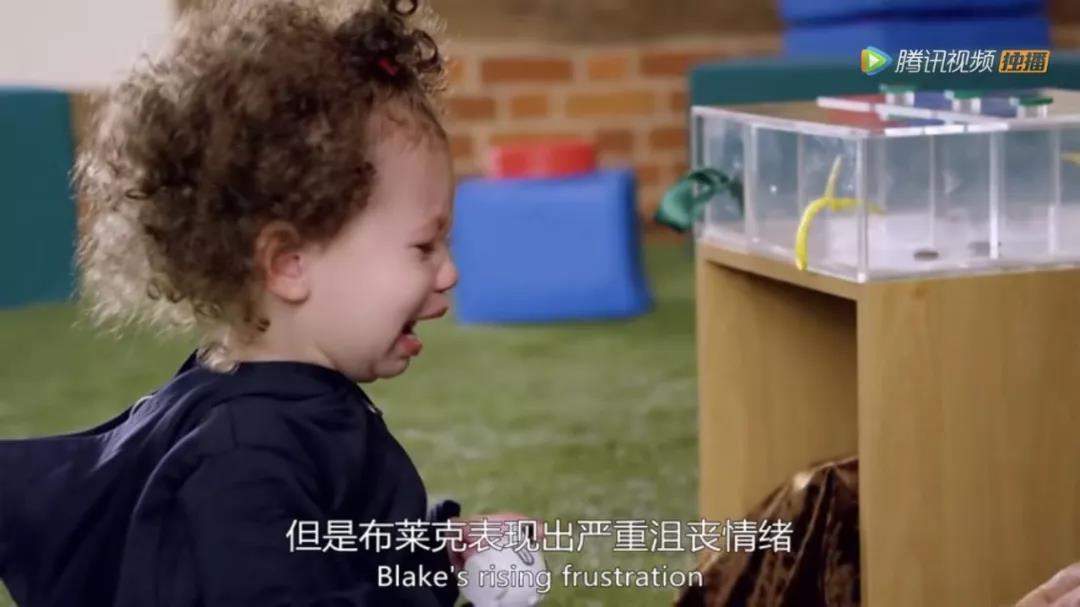
What should I do?
The mother tried to comfort the child with a hug, but surprisingly, this [hug] was completely useless and the child’s mood was even more anxious.
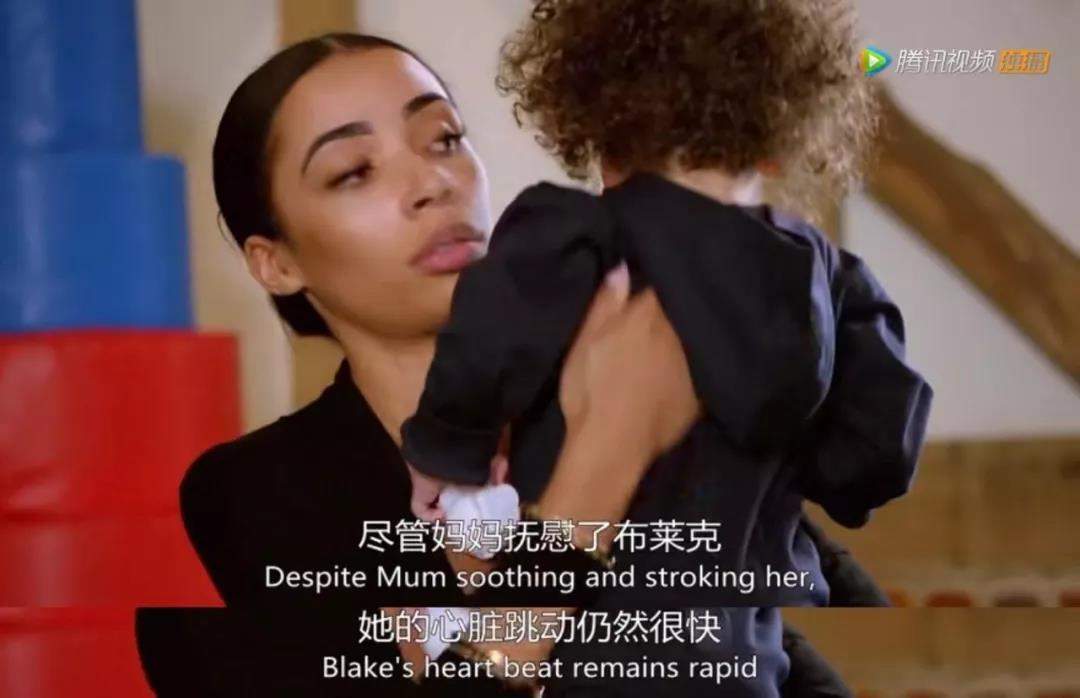
Why does [hugging], a common method of appeasement, not work?
Dr. Emily pointed out the reason in a word: Because at this time, the child may think that you are binding him, so the situation is even worse.
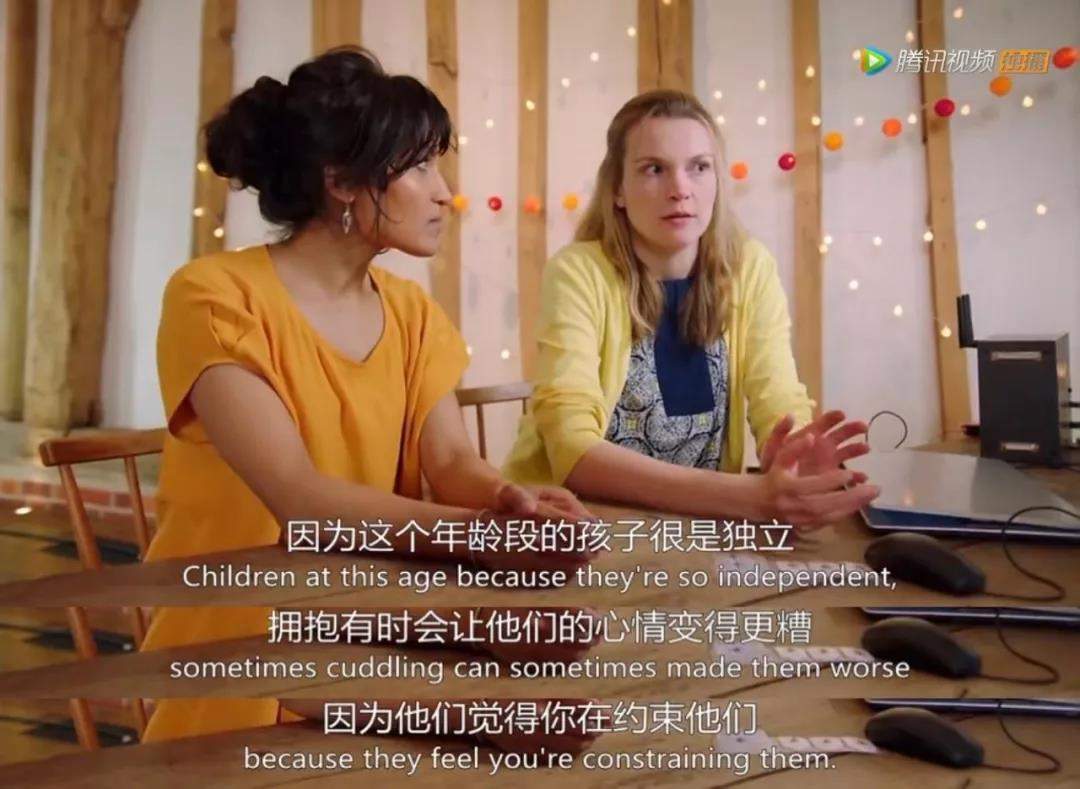
But if [hugging] is useless to temper, what else can we do?
The experimenter gave the mother a piece of advice: distract the child.
When the mother took out a toy puppy, the child soon stopped crying and his mood returned to his previous calm state.
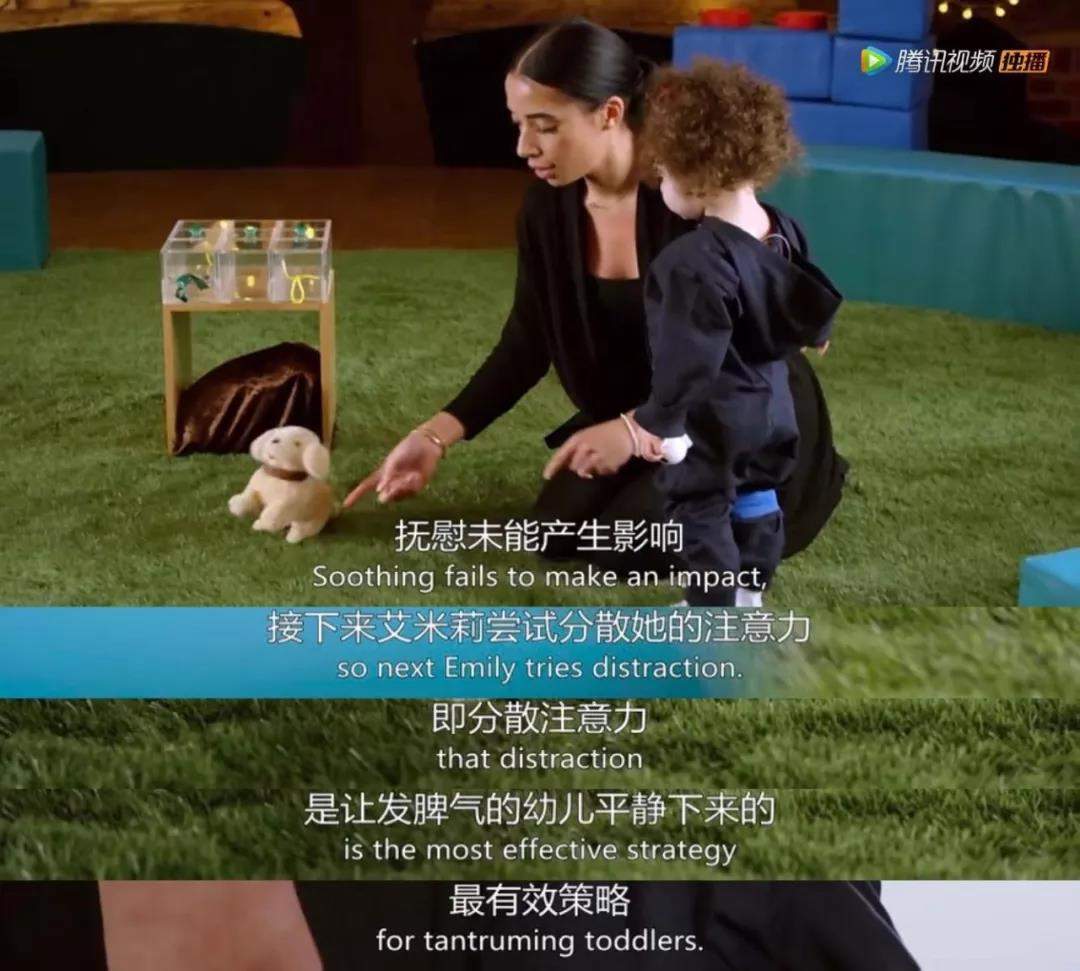
The experimenter believes that diverting attention is not only the best way for parents to calm their children’s anger. With the passage of time, the baby can also learn this skill to cope with strong emotional changes.
It is very normal for a child to lose his temper, and whether a child can learn to control his temper depends on whether his parents give his child enough practice.
There are sensitive periods in language learning, but they are also fleeting.
We always wonder why adults with stronger logical thinking ability are often better than a child in language learning ability.
Unexpectedly, this was because of a special way of speaking by parents-parents’ language.
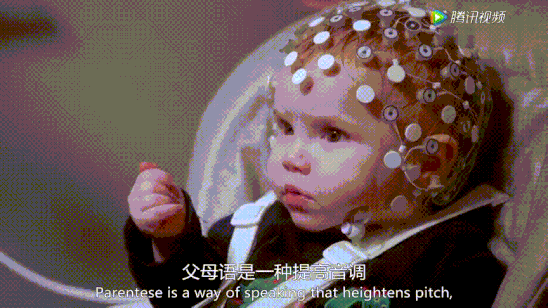
In the experiment, the mother tried to speak to the baby in a way of [improving the intonation and lengthening the pronunciation of words], and the baby would listen with great interest.
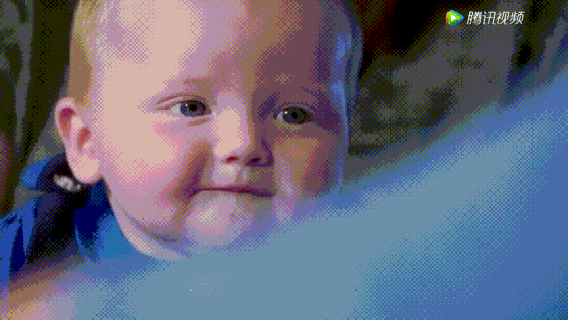
However, when the mother changes the normal rhythm and intonation of speech, the baby will not be interested in what.
Through advanced brain wave monitoring equipment, we can see that with the sound of [parents’ language], the signals in children’s brains change in [big rhythm pattern].
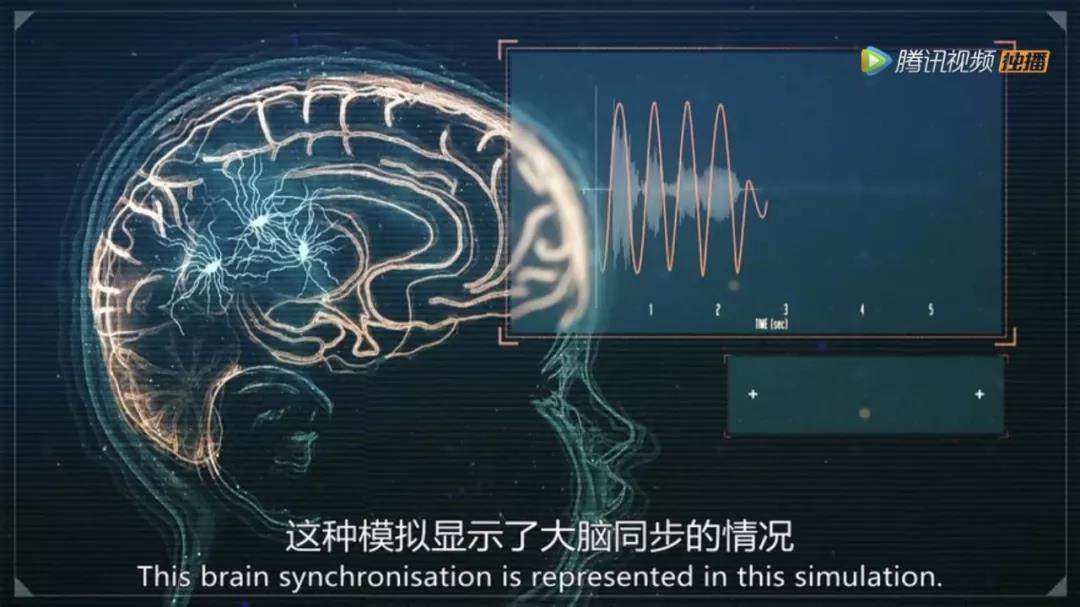
I never expected that the way we talk to our children at ordinary times is so important to the development of their language and brain.
Babies can easily learn to communicate in different languages because they can detect the existence of [different sounds] in [different languages].
These sounds are also called [phonemes].
In the following experiments, adults and babies under one year old PK, and the babies won.
Only babies can recognize phoneme changes in language.
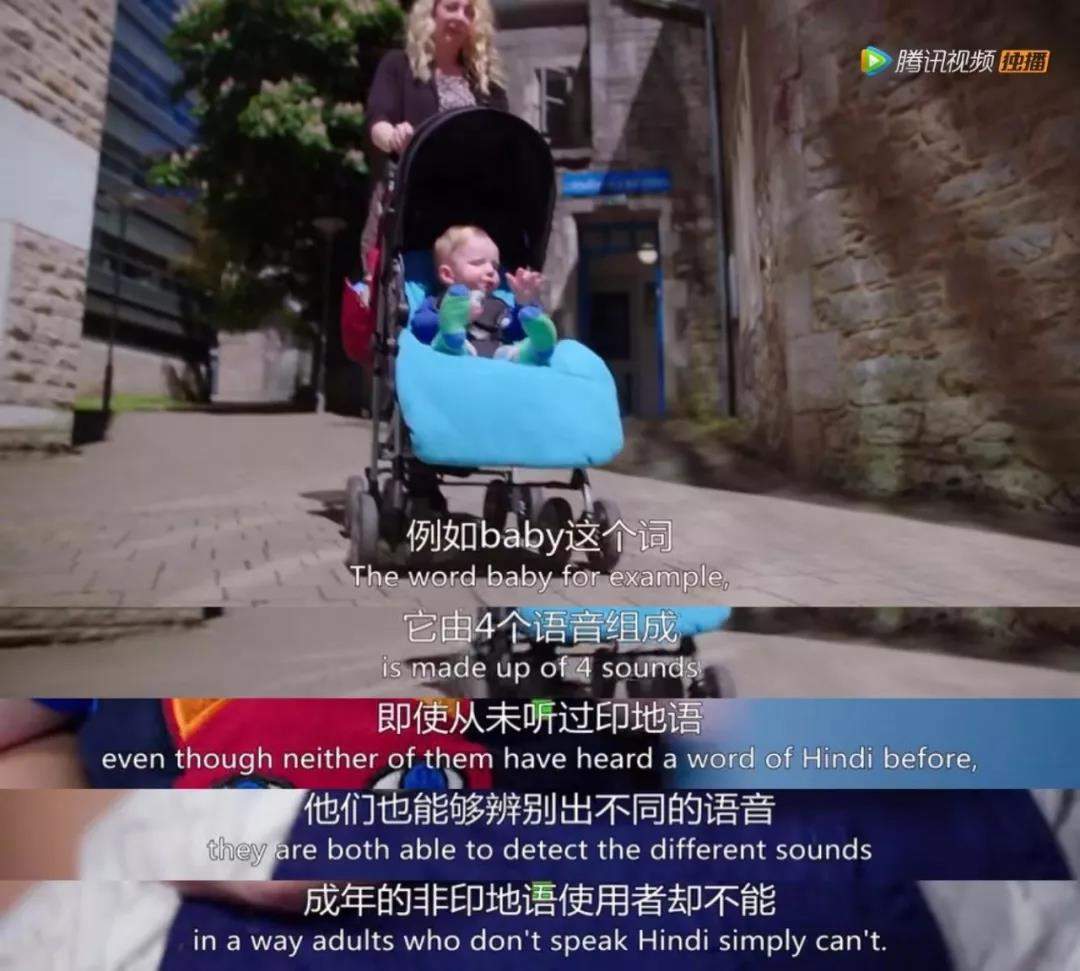
However, babies do not always have this special ability. It only exists before the child is one year old.
As you get older, the brain will gradually shut down these normally neglected potentials.
After learning this, I couldn’t help making [talking to children for one hour a day] the new Flag of the year.
Children are the greatest invention in the human world.
Although I have been rolling in the parenting circle, I have never thought that the baby before the age of 2 actually knew the world in this way.
I have to admit that we still know very little about this magical new life.
Think of an online joke:
The most amazing invention in the world is what?
The answer is not a cell phone, not a computer, not even a spaceship, but [children], especially [children before the age of 2].
This [new life] created by ourselves contains the most incredible energy in the world in their small bodies.
